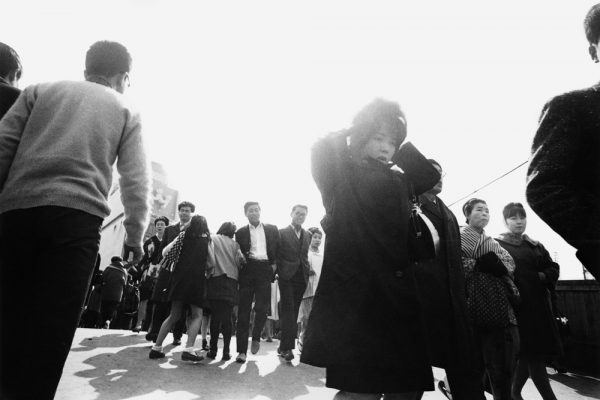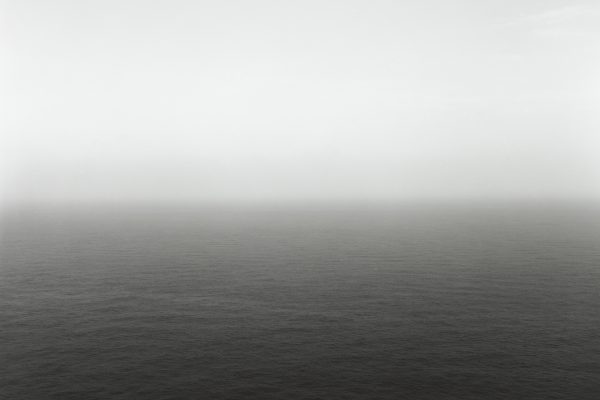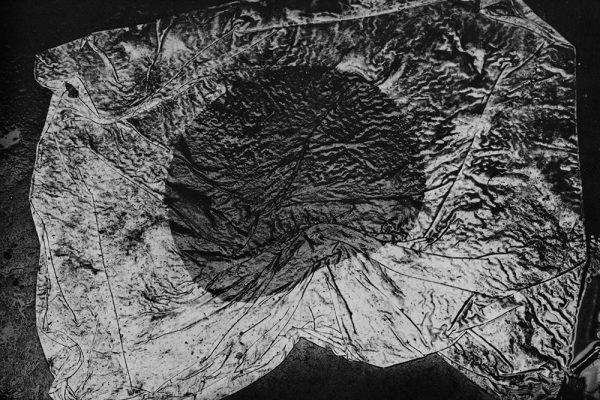I know, I did not write much in the last four weeks, but I was very busy recently and last week had to prepare my lecture for the symposium on Japanese Photography in Winterthur (see my previous post). The symposium was booked out, well organized and very interesting with topics from Japanese post war history to Japanese photobooks. Additionally great Japanese food – not the usual Sushi :-) – was served and DJane Hito provided a nice soundtrack to the party afterwards.
I am planning my to publish my lecture in the future, but it will take some time since it will be a part of a larger essay on contemporary Japanese photography. Anyway, below you will find my abstract for the symposium with some images I showed during my talk (in no particular order).
Abstract: Contemporary Japanese Photography and Life Style
Ferdinand Brueggemann, photohistorian, Cologne
Japanese photography underwent some rapid changes during the 1990s. This was a result of external economic and social factors, as well as of developments within the Japanese culture and photography scene.
After the collapse of the so-called “bubble economy” (1989), a phase of recession began that was to last for over a decade. This had a far-reaching influence on the working world and the social structure of Japanese society. For example, it proved impossible to keep one of the main promises made by the Japanese labour market of lifelong employment with a company, and Japanese women began to question their traditionally allocated roles within the hierarchical, male-dominated social structures. As regards the cultural scene, it was primarily contemporary culture, thus to a large degree the photography scene, that was hit by the recession.
Changes were also taking place within the photography scene itself. Whereas the photography of the “Vivo” and “Provoke” era found itself in an area of conflict between Japanese avant-garde culture, the idea of a (frequently critical) documentation of Japanese society and cultural influences from the West, the theoretical field of reference changed in the 1990s.
A new generation of photographers were now active in a new sphere of influence poised between photography as a free artistic medium and the Japanese pop culture. A critical attitude towards society was primarily (although of course not exclusively) abandoned in favour of issues about individual identity and the description of individual lives.
A particularly incisive phenomenon for Japanese photography was the emergence of “girlie photographers”. Almost overnight, the visual medium, which had been dominated by men until the mid 1990s, was discovered by women, and photography advanced to a central medium of self-expression and means of establishing an identity for these young women.
As a result of the economic recession, the financing of free projects became increasingly problematic for photographers in the 1990s. A solution was found in the acceptance of elements of pop culture into photography for example in terms of the form and content of photo books and the medium now began to oscillate even more strongly between free artistic projects and purely commercial assignment work.
Thus photography succeeded in crossing the narrow borders of a comparatively isolated photo scene: photography books by photographers such as Kyoichi Tsuzuki went into high print runs for a primarily young public.
This change and the new developments in photography should be viewed against the background of the “father generation” (Nobuyoshi Araki et al.), using selected examples withphotographers such as Hiromix, Yurie Nagashima, Takashi Homma, Mika Ninagawa, Masafumi Sanai, Kyoichi Tsuzuki and Rinko Kawauchi.











so much stuff here that stops you in your tracks.
interesting article… who’s the author of that wonderful first picture?
Hi Paolo,
If you click on the images you will find information about the works.
Anyway the first photograph is by Eikoh Hosoe:
Eikoh Hosoe: «Barakei (Killed by Roses) #32», 1961
Beautiful images. I also create images of Japan.
Would you take a look at some of my photos please? http://www.johninjapan.com They are of a much different kind of Japan Photos.
I really adore photography, if there was a course in college for photography, I’d be there. Too bad, thee isn’t. =[ I’m only turning 14. =]
beatifull images
hi,
i’m writing my dissertation next year and wish to focus on Japanese photography and perhaps a specific photographer – unfortunately it is quite difficult to access much info on Japanese photographers where i am and i was wondering if you could perhaps suggest any who engage in the same or similar aesthetic sensibilities found in ukiyo-e?
thanks